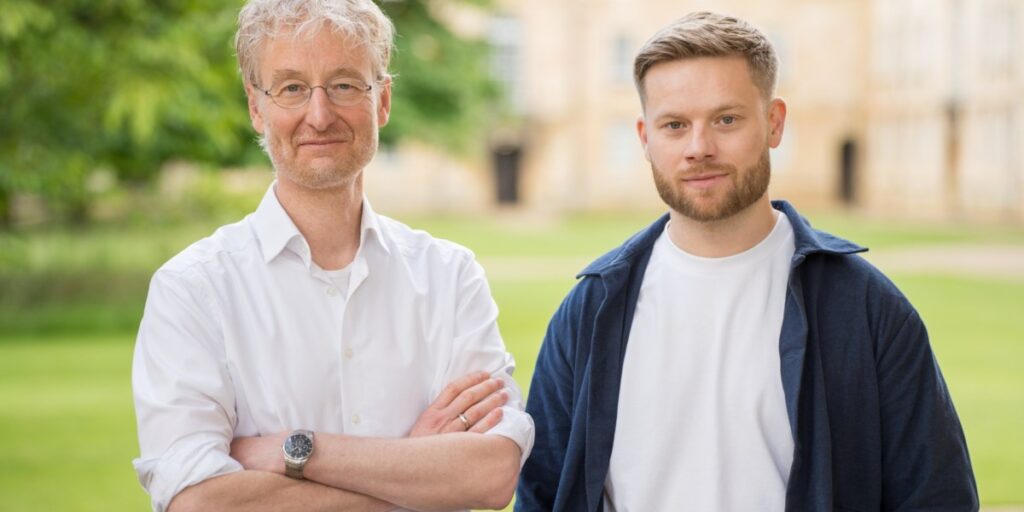Since his dramatic exit from Google last year, Geoffrey Hinton, known as the “godfather of artificial intelligence,” has been a harbinger of doom for how emerging technologies will impact humanity.
But more than a year later, the former Googler and AI opponent is renewing his bets on the technology’s ability to make the world a better place.
Cambridge-founded CuspAI has emerged from stealth to raise $30 million in seed funding.
The company will use deep learning and molecular simulation to help users design next-generation building materials and simplify design. It was a major success, winning over Hinton, a well-known artificial intelligence skeptic.
Hinton has agreed to serve as an advisor to CuspAI’s board of directors. Since the organization uses technology that has defined Hinton’s life and career, the statements he made in the announcement were appropriately contradictory.
“Humanity will face many challenges in the next ten years. Some are caused by artificial intelligence, while others can be solved through artificial intelligence.
“I’m impressed by CuspAI and its mission to use artificial intelligence to accelerate the design process of new materials to curb one of humanity’s most pressing challenges – climate change.”
CuspAI rises quietly
CuspAI plans to aid discovery by using search engine-style capabilities to identify the desired properties of new building materials on demand.
“Imagine a search engine not just for existing materials, but for all molecules and materials that could potentially be created,” said Professor Max Welling, co-founder and chief artificial intelligence officer at CuspAI.
In the process, the co-founders hope, CuspAI can help offset a new drawback of the rapid spread of artificial intelligence — prohibitive carbon emissions.

As outlined by co-founder and CEO Dr. Chad Edwards, CuspAI hopes its technology can contribute to the world’s growing carbon capture and storage capabilities.
“The artificial intelligence revolution itself is creating new challenges, including rapid increases in data center energy consumption and carbon emissions,” Edwards said.
“Our technology can help mitigate this impact by designing materials that efficiently capture carbon dioxide.”
Yann Le Cun, chief artificial intelligence scientist at Meta, said the tech giant plans to work with CuspAI to accelerate its discovery of new materials for carbon capture.
CuspAI’s $30 million round was led by Hoxton Ventures, with “significant participation” from Basis Set Ventures and Lightspeed Venture Partners.
In 2022, Hoxton raised $215 million in funding to support European startups. It comes in the form of supporting successful European growth companies like Deliveroo and Darktrace.
CuspAI’s funding is the latest major investment in artificial intelligence by venture capital groups in the past 18 months, as investors rush to catch the wave of future growth leaders.
The Godfather Returns
Hinton, 76, resigned from Google last May and gave an exclusive interview to the Wall Street Journal. New York Timesin which he appears to lament his life’s work while warning of the future dangers of artificial intelligence to humanity.
Since then, Hinton’s press conferences have only seen him solidify that stance.
during an interview 60 minutes Last October, he suggested that rogue AIs could learn to manipulate their users by studying the writings of Machiavelli and other “political connivances.”
He also expressed concerns to the BBC about the impact of artificial intelligence on the labor market. news night In May, he argued that a universal basic income was needed to solve the problem of replacing many “mundane jobs.”
Now, though, Hinton seems to see promise in CuspAI using the technology to at least combat climate change, although he’s also thinking about other existential threats to the technology.

